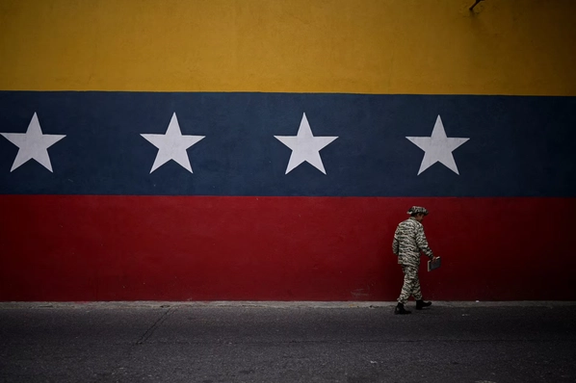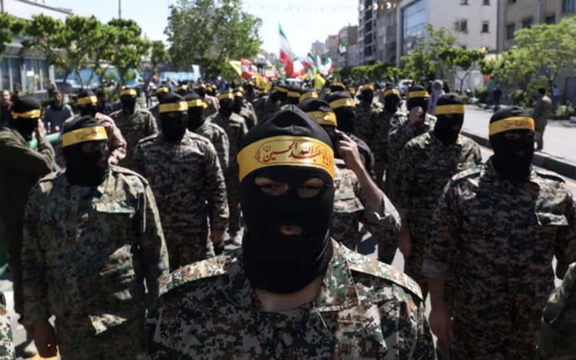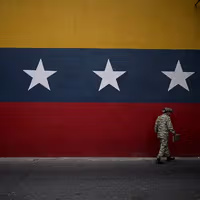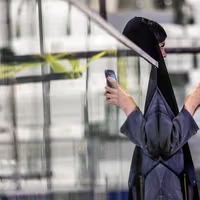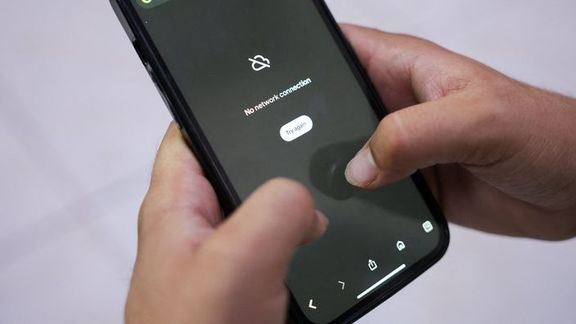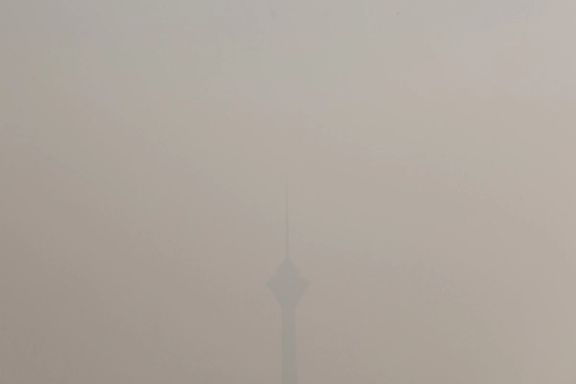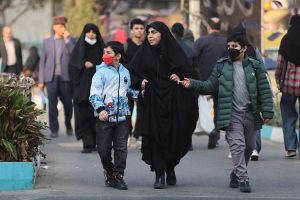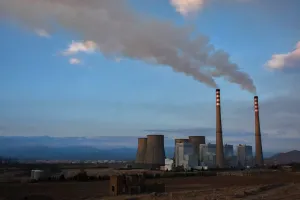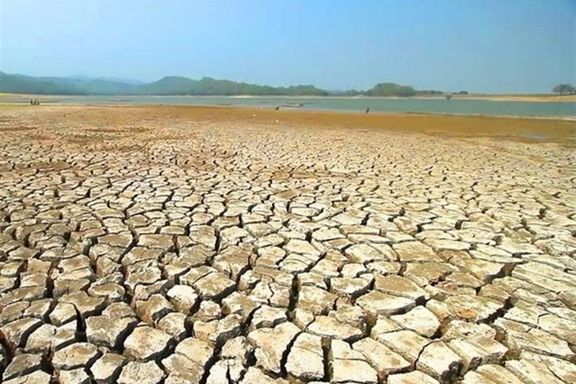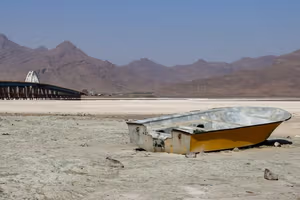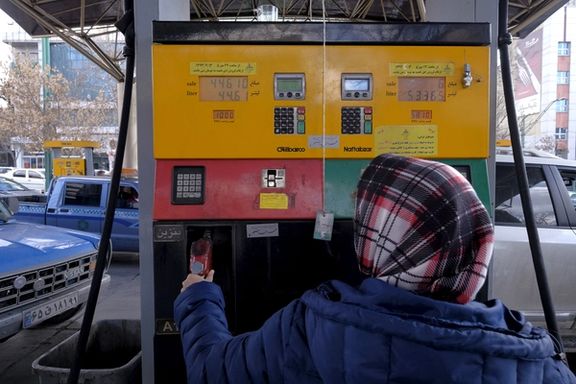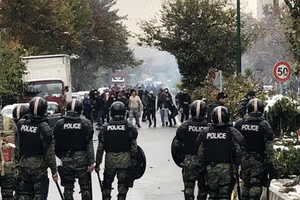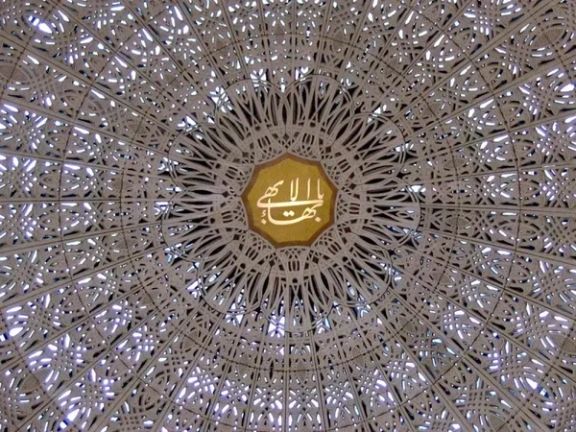Votel, who oversaw American operations in the Middle East from March 2016 to March 2019, emphasized in an interview with Eye for Iran that the primary objective is countering narcotics trafficking.
But the show of force could also aim to deter Washington's arch-nemesis in the Middle East, Votel added.
"The presence of a carrier is a huge message that we're sending not just to the region, but to others who would be supporters of Venezuela,” he said. "Venezuela has been a place where ... we've seen Iranian advisors, the IRGC, Quds Force and others for a long period of time who developed a relationship."
"They look for this as an opportunity for strategic competition against us in an area of a sphere of our influence here ... it's going to be mostly indirect on Iran.”
The administration of US President Donald Trump has been amassing forces in the Caribbean in the biggest military buildup in the region for decades.
Washington accuses Venezuelan President Nicolas Maduro of narco-terrorism and has offered a $50 million dollar reward for information leading to his arrest. The US strategy remains unclear but appears aimed at unseating the leftist populist.
Caracas and Tehran are sharp critics of US foreign policy and are sworn to opposing US influence in their regions.
“Iran has been a vocal supporter of Venezuela … they obviously have relationships with the Venezuelan government," Votel added.
Iran has bristled at the US maneuvers and says they show Washington's true face.
Foreign Minister Abbas Araghchi this week condemned what he called US bullying and aggression toward the oil-rich South American country, according to a readout of a phone call he made to his Venezuelan counterpart.
Yvan Gil Pinto in turn thanked Iran for its support and vowed that Venezuela would resist US interference.
In a defiant speech on Thursday, Iran's Supreme Leader Ali Khamenei condemned US designs on Venezuela as a cynical play for its energy wealth which threatens chaos.
“Wherever the US intervenes, the outcome is war-mongering, genocide, destruction, and displacement," he said. "Because of oil and underground resources, they are willing to ignite conflicts anywhere in the world — and this warmongering has now reached Latin America as well."
The Iran-Venezuela strategic partnership dates back nearly 25 years. Since the two countries signed a 20-year cooperation agreement in 2022, they have expanded coordination in energy, security and trade.
Iran’s footprint in Venezuela includes an undetermined number of Islamic Revolutionary Guard Corps personnel and military advisers.
Venezuela, in turn, provides Iran with access, alternative markets for sanctions evasion and a platform in the US near its borders.
The power of deterrence
Despite those ties, Votel stressed that the US key focus was on Venezuela, which has long been an irritant for Washington in the region.
“What we’re doing right now appears to principally be focused on the narco-terrorism,” he said.
Still, the scale of the deployment matters — and Tehran will not miss the message.
The arrival of the USS Gerald R. Ford carrier strike group, supported by 70–80 aircraft and more than 12,000 US personnel, marks one of the most significant American naval postures in the Western Hemisphere since the Cuban Missile Crisis.
Votel underscored just how substantial this deployment is: “We’re talking 12,000 troops. This is more than we had in Afghanistan for the last several years we were there.”
Washington has also conducted roughly 20 airstrikes against suspected drug-trafficking vessels in the Caribbean and eastern Pacific, killing more than 80 people.
Votel added that while Iran could theoretically respond asymmetrically in the Persian Gulf, Iraq, or elsewhere, Tehran is significantly weaker today than a year ago, with its networks degraded and its security architecture shaken by US and Israeli strikes.
“They’re not in a great position to do that right now,” he said, “but again, we can never count out Iran in any of this.”
The US posture in the Caribbean also reflects a broader strategy of deterrence: using visible military force and the information environment — including openly discussing covert options to pressure Maduro’s government and shape the behavior of states aligned with it.
Votel said that the fact Washington is publicly talking about covert options is itself a message.
“In most cases, we wouldn’t normally talk about covert operations, but in this case, our government has made the decision to do that … to ramp up the pressure on the Maduro regime.”
You can watch the full episode of Eye for Iran on YouTube or listen on any podcast platform of your choosing.
